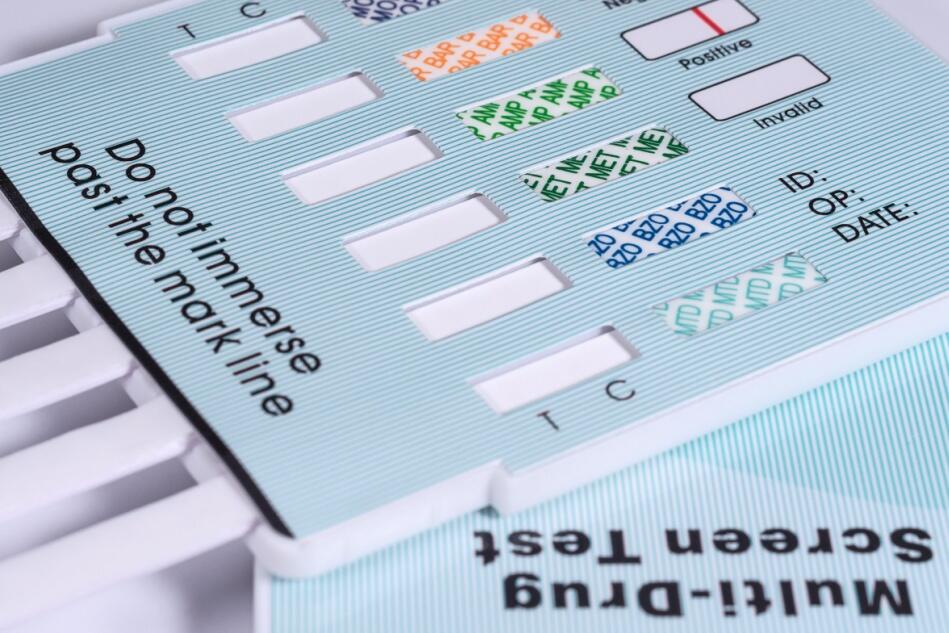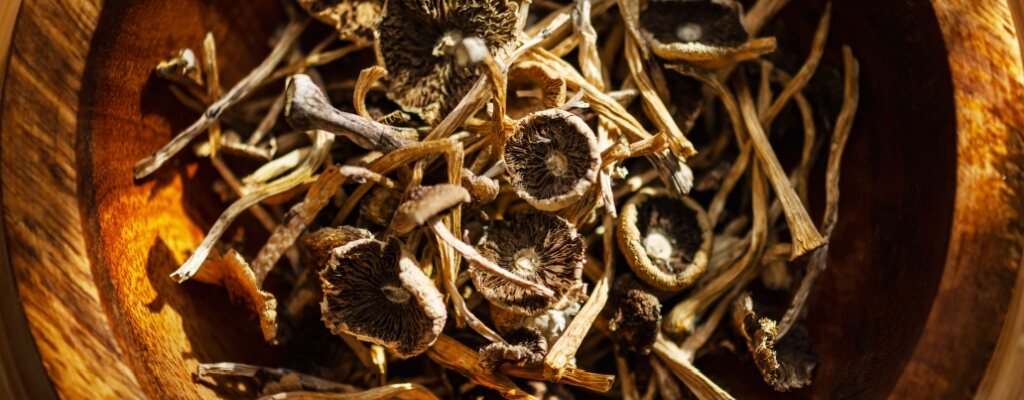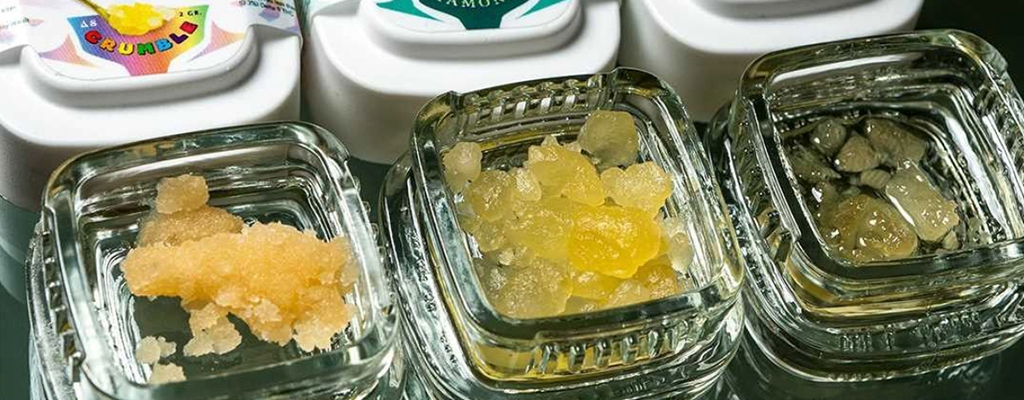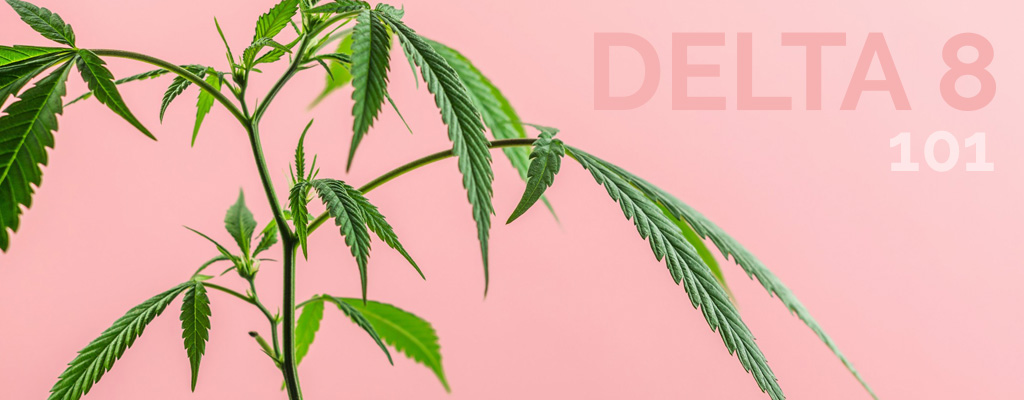TL;DR: Magic mushrooms typically don’t show up on standard drug tests, as most panels don’t screen for psilocybin or its metabolites. However, specialized tests can detect them, often within a short window. Detection is rare unless use is specifically suspected or tested for.
- Standard drug tests don’t include psilocybin
- Specialized tests (urine, hair, blood) can detect it if requested
- Psilocybin leaves urine within ~24 hours
- Magic mushrooms aren’t on most 12-panel drug screens
- Delta 8 Resellers offers federally legal mushrooms rarely tested for
Do mushrooms show up on drug tests? No, standard drug tests don’t normally test or include results for psilocybin, the major active chemical in magic mushrooms, or the metabolites the body creates after processing this substance.
However, some specialized drug tests can detect magic mushroom use. These tests are far less common than standard drug tests, but are used in certain situations.
That’s the simple answer, but there’s more to explore when it comes to magic mushrooms and drug testing. Keep reading to learn more about mushrooms showing up on drug tests.
The Basics on Magic Mushrooms and Drug Testing

What are Magic Mushrooms?
The term “magic mushrooms” refers to various mushroom species that contain psilocybin and psilocin, which are chemicals that have psychedelic effects. The term can also refer to other psychoactive mushrooms that do not contain psilocybin or psilocin but provide similar experiences.
This guide focuses on the first definition due to the nature of drug testing – how it detects specific chemicals associated with substances and metabolites produced by the body.
When consumed, psilocybin is processed by the body and becomes psilocin. This chemical produces certain effects as it interacts with the body’s serotonin receptors. Intended effects of magic mushrooms include:
- Visual hallucinations, such as intricate details and moving patterns.
- Altered perceptions, such as more vivid colors and richer or more detailed sounds.
- Feelings of euphoria and peacefulness.
- A greater sense of connection to the universe, nature, or other people.
- Introspection and deep, profound, or seemingly profound thoughts.
- Decreased or absent sense of self, also called ego death.
Side effects of magic mushrooms are undesired or unintended, but can occur. They may be more common when users take especially large doses, especially for inexperienced users. These side effects include:
- Anxiety and panic attacks.
- Nausea and vomiting.
- Lack of coordination.
- Delayed response times.
- Headaches.
- Bad trips – frightening or upsetting experiences overall.
Legality of Magic Mushrooms
Magic mushrooms and their active ingredients are illegal at the federal level. They’re included on the Drug Enforcement Administration’s (DEA) Schedule I controlled substances list.
However, some states have decriminalized possession of magic mushrooms. Oregon has legalized their medicinal use. Colorado has legalized the production, possession, and use of recreational magic mushrooms (although not their sale), as law firm Rodemer Kane explains.
The legality of magic mushrooms will likely remain in flux as more states consider decriminalization and legalization.
Magic Mushrooms and Drug Testing
Do magic mushrooms show up on a drug test? There are tests that can detect the presence of magic mushroom use. Specifically, tests detect the metabolites that form in the body after consuming this substance. This is similar to how drug tests detect many other types of substances.
However, standard drug tests don’t generally include magic mushrooms. Why? Let’s take a closer look.
Do Mushrooms Show Up on a Drug Test? They Can, But it’s Not Common
In general, routine drug tests do not look for the use of magic mushrooms. Yet, there are drug tests that can identify recent magic mushroom use.
As Drugs.com points out, the following types of drug tests can be used to identify mushroom use: urine tests, blood tests, hair follicle tests (with a months-long detection window), saliva tests, and fingernail tests (also with a months-long detection window).
These tests may be used in specific contexts, such as when an authority like the court system or law enforcement suspects someone is under the influence of magic mushrooms. They may also be used in a forensic capacity.
However, magic mushrooms generally aren’t included in general-purpose drug panels. Why is that the case?
Medical News Today reminds us that the metabolites of magic mushroom use leave the body very quickly – usually in about 24 hours for urine tests, for example. That means the detection window for tests like urine tests are very short, except for more expensive hair follicle and nail tests. This may influence the decision to not include them in standard drug testing.
Another factor to keep in mind is the intent behind the use of magic mushrooms and their resultant effects. Workplace drug testing is often focused on more common substances that can cause safety and liability issues for employers.
While using mushrooms before or during work can certainly lead to impairment, they are not as common as other substances. Additionally, magic mushrooms are not frequently cited as a cause of workplace safety accidents or incidents.
FAQs and Answers About Magic Mushrooms and Drug Testing
Can You Fail a Drug Test Because of Mushrooms?
It is possible to fail a drug test because of magic mushroom use, but this is a rare situation unless mushroom use is suspected. But most standard drug tests do not look for evidence of mushroom use, so it’s rare to fail due to mushroom use in standard drug testing situations.
How Long Do Mushrooms Stay in Urine?
Mushroom use is only detectable via a urine drug test for a short period of time, generally about 24 hours. This is one reason why standard drug tests rarely look for mushroom use.
What Shows Up on a 12-Panel Drug Test?
12-panel drug tests detect the use of the following drugs:
- Amphetamines
- Propoxyphene (often known by the drug name Darvocet)
- Barbiturates
- PCP (angel dust)
- Benzodiazepines (such as Xanax)
- Oxycodone
- Other opiates besides oxycodone (such as heroin)
- THC
- Cocaine
- MDMA, also called ecstasy
- Methadone, an opiate often used in addiction treatment
- Methamphetamines
Do Mushrooms Show Up on a Drug Patch?
Drug patch testing, also called sweat testing, does not normally look for evidence of magic mushroom use.
How Many Days Do Mushrooms Last?
The active effects of mushrooms only last about 4-6 hours, with lingering and slight effects for a few hours afterward. For most people, their effects do not last for days.
Federally Legal Mushroom Supplements from Delta 8 Resellers
Delta 8 Resellers offers a wide variety of functional and recreational mushrooms that are legal on the federal level. These mushrooms are rarely, if ever, included on drug tests and come from trusted, industry-leading brands carefully vetted by our team.



